A few months ago at a yearly check up, my physician diagnosed me with mild depression. I was stressed about this, and when I told a friend about my worries, their response was simply, “It’s all about having a positive mindset!”
This did not help.
My friend, though trying to be helpful, displayed toxic positivity. Although many people have different definitions of toxic positivity, according to the Anxiety & Depression Association of America, toxic positivity is when positive or encouraging statements are “expected to minimize or eliminate painful reactions, creating pressure to be unrealistically optimistic without considering the circumstances of the situation.” Toxic positivity is when the happiness of the room overtakes any negative thoughts of those present, like when a friend or a loved one ignores or brushes off your worries.
I’m not here to shame people that act like this. In their mind, they think they’re helping; however, the solution to many mental health issues cannot be solved with just “a positive mindset.”
A study by Madeline Feltner at the University of South Carolina from spring 2023, although inconclusive, found that “anyone can help to fight against toxic positivity in everyday life by supporting their friends through hard times. It is important to make sure you validate negative emotions.”
Trying to get people to push those negative emotions down can make people feel like they’re being told their emotions don’t matter, not to mention that pushing emotions down doesn’t allow people to naturally process them or work through them like they need to.
A 2021 article from the National Education Association interviewed licensed therapist Samara Quintero, who said that suppressed emotions can later manifest in anxiety, depression, and physical illness.
For those people that are toxically positive, whether on purpose or not, they shouldn’t diminish others’ emotions. Though they may think they’re helping others feel better by doing this, they may be making them more stressed and unhappy.
Toxic positivity does not only come from others; it can be a self-sabotaging behavior. People may put on a false happy façade because they don’t want to ruin other people’s “vibes.” With that, many choose to simply ignore their problems or distract themselves.
These behaviors bring up an interesting question. Why is toxic positivity used as a crutch, whether intentionally or not?
It boils down to the discomfort around showing emotions. According to a study by the Annual Review of Psychology, American culture does not promote sharing emotions; it instead spreads the idea that emotions, whether happy or sad, are “contagious.”
Many people are uncomfortable sharing their own emotions or dealing with others emotions. For those that are uncomfortable with emotions, toxic positivity prevents them from sharing their feelings.
In order to get out of this cycle, we need to be truthful and honest with others and ourselves. We need to remember that it’s okay to feel these complex emotions; after all, we’re only human.
There’s not a one-size-fits-all solution to stop feeling sad or depressed or angry or however else we might be feeling. But the solution isn’t hiding it. We shouldn’t smile when they need to cry. If we have to cry, we should cry our heart out.


![[BRIEF] Hairy Details Hosts First Performance](https://www.themuseatdreyfoos.com/wp-content/uploads/2024/09/Hairy-Details-66-1200x800.jpg)
![[BRIEF] Dance Seniors Perform Solo Showcase](https://www.themuseatdreyfoos.com/wp-content/uploads/2024/09/newsinbrief.png)
![[BRIEF] National Honor Society Inducts New Members](https://www.themuseatdreyfoos.com/wp-content/uploads/2023/10/breaking-news-1200x927.png)


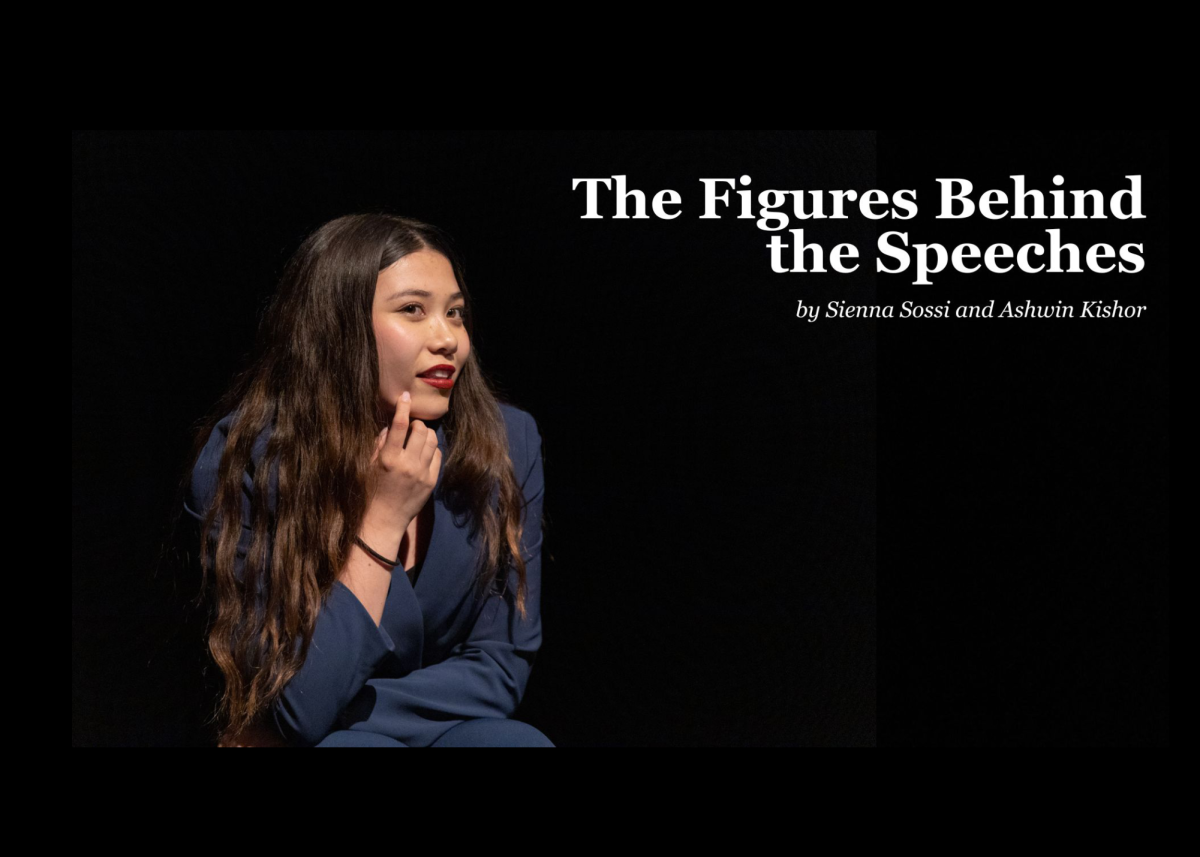
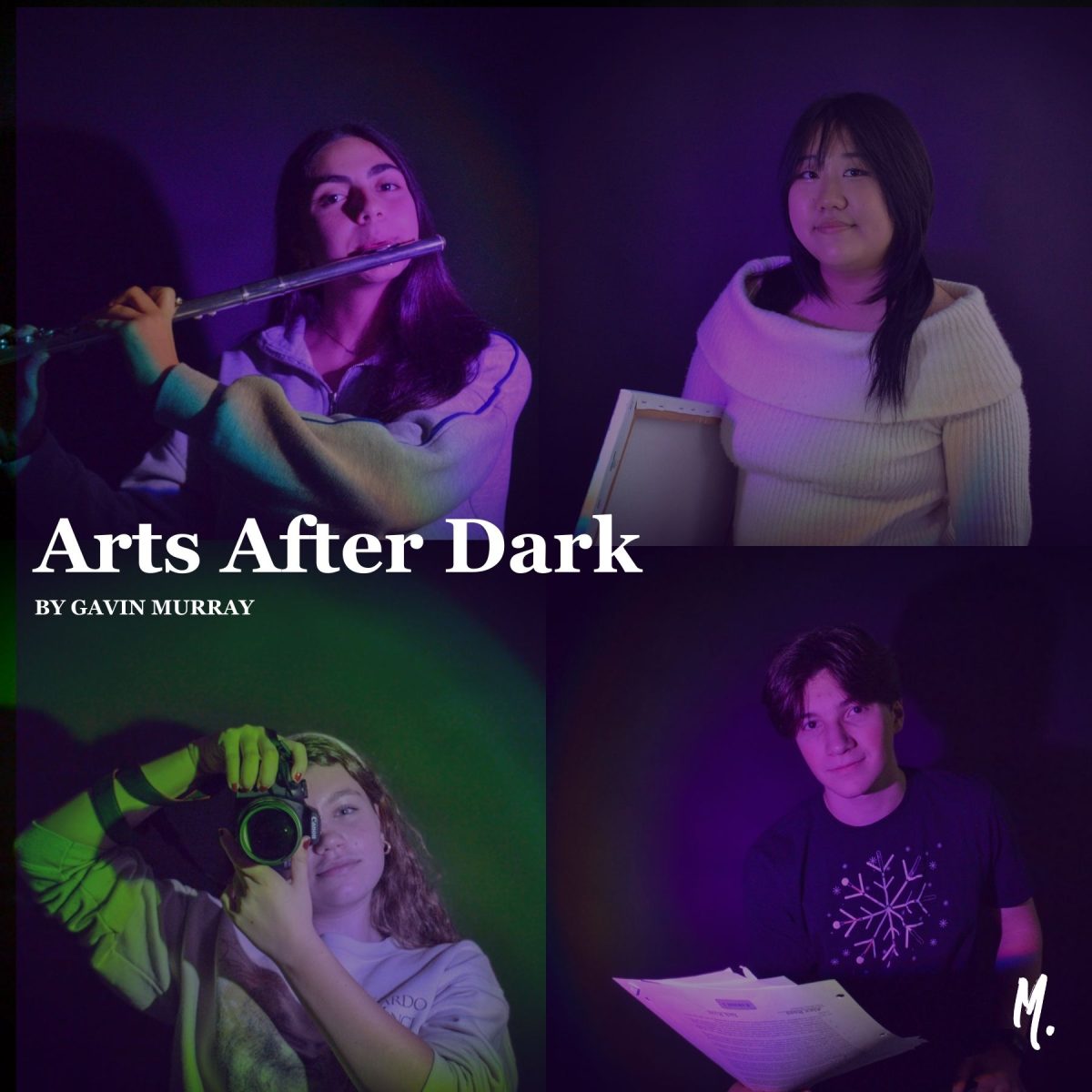






![Mrs. Waugh watches her students as they work on graphing data from the lab that took place during class. Prior to becoming a teacher, Waugh worked as a fire protection engineer. ”I thought it would be most impactful if I could teach science here [at Dreyfoos].” Mrs. Waugh said. “And I had loved my physics teacher. He was part of why I became an engineer,”](https://www.themuseatdreyfoos.com/wp-content/uploads/2024/09/038A5265-1200x800.jpg)










![[SATIRE] Spirit Week: Written in the Stars](https://www.themuseatdreyfoos.com/wp-content/uploads/2024/03/front.png)
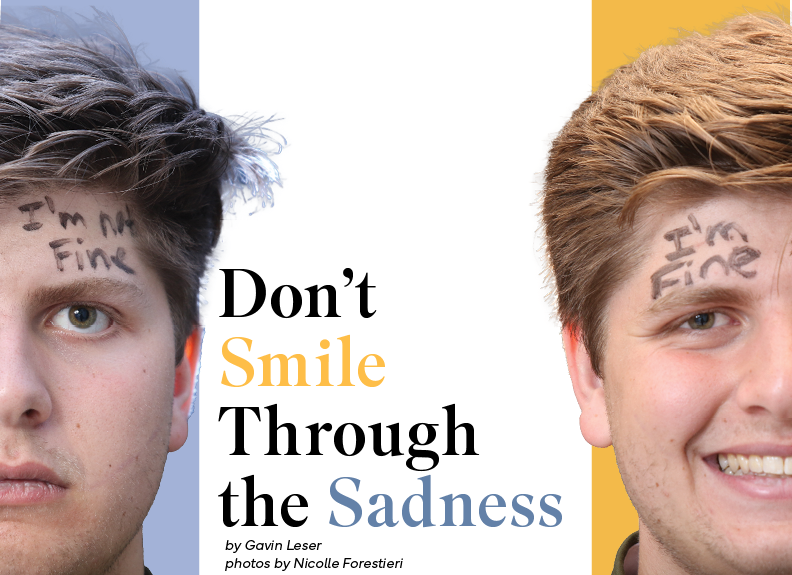
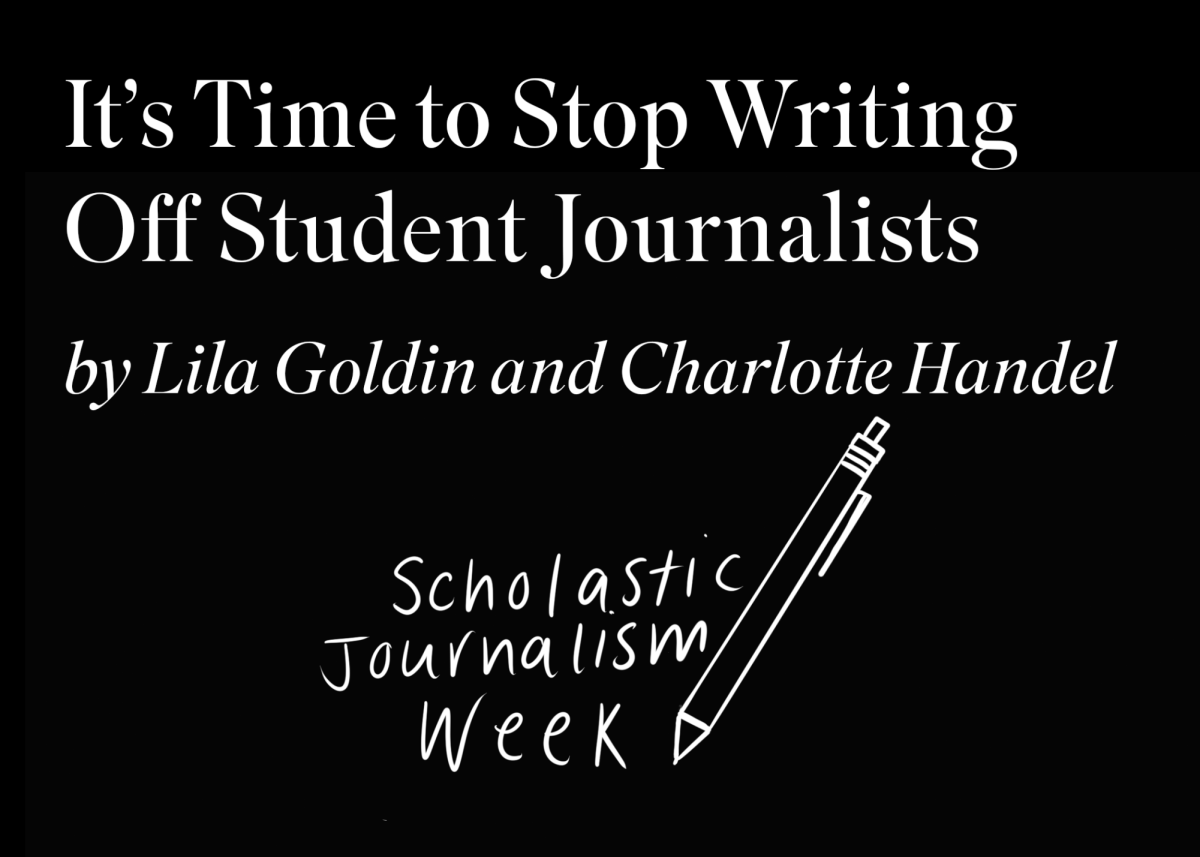

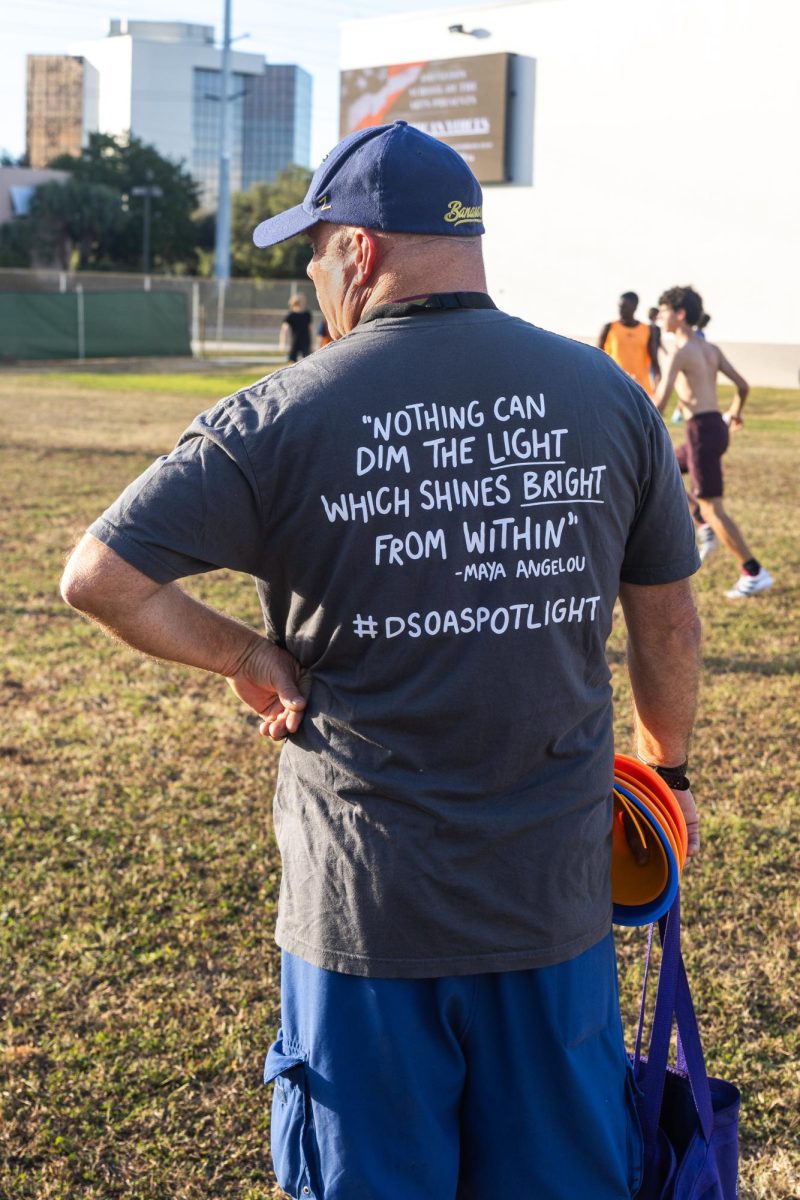





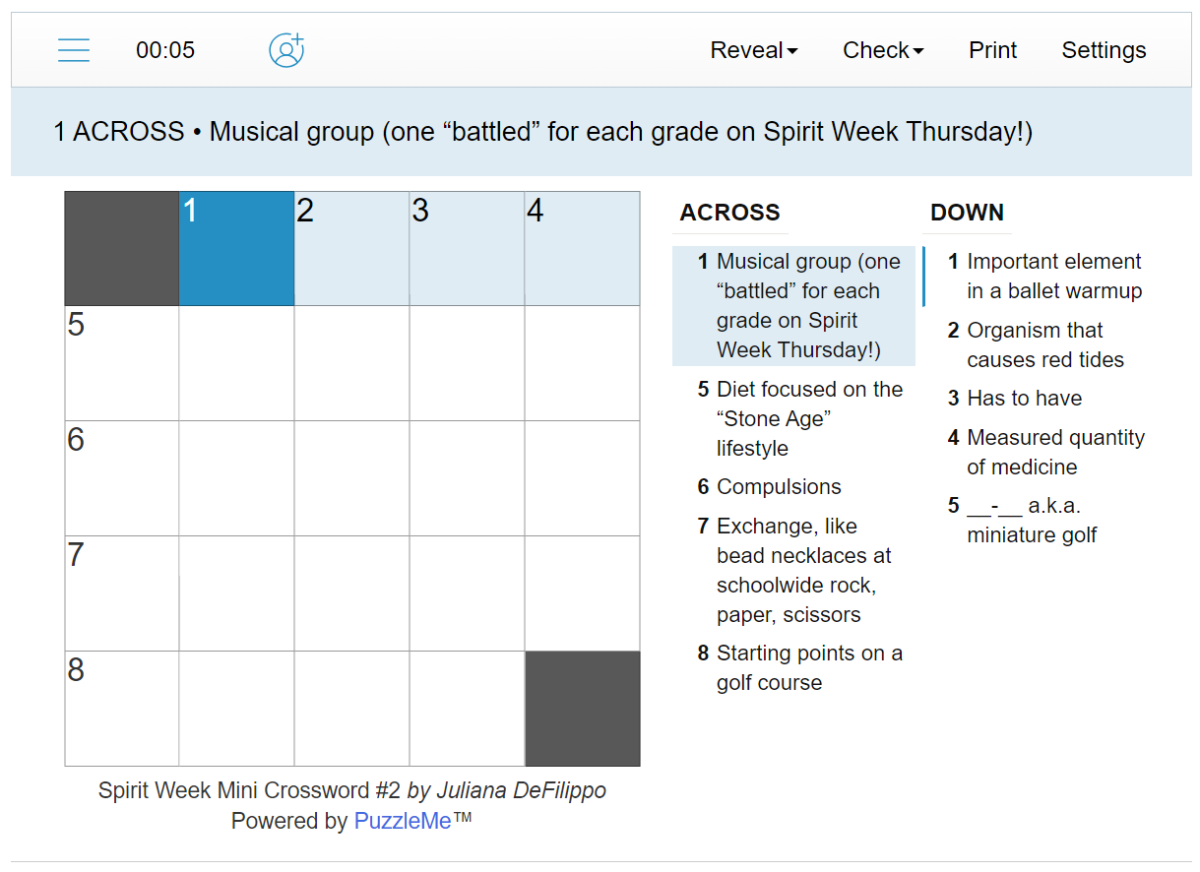
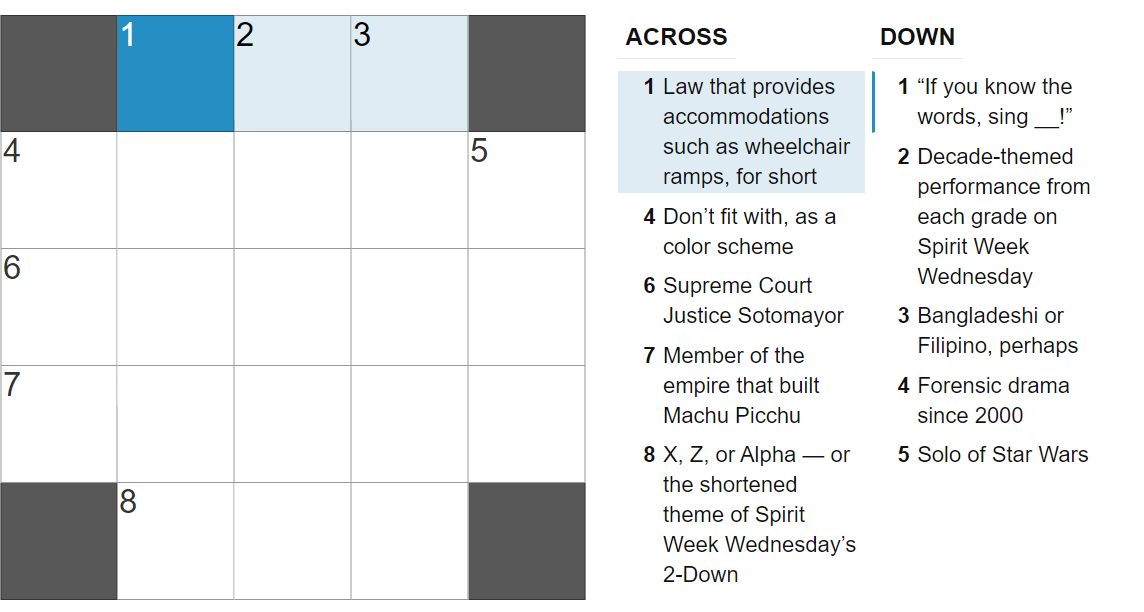
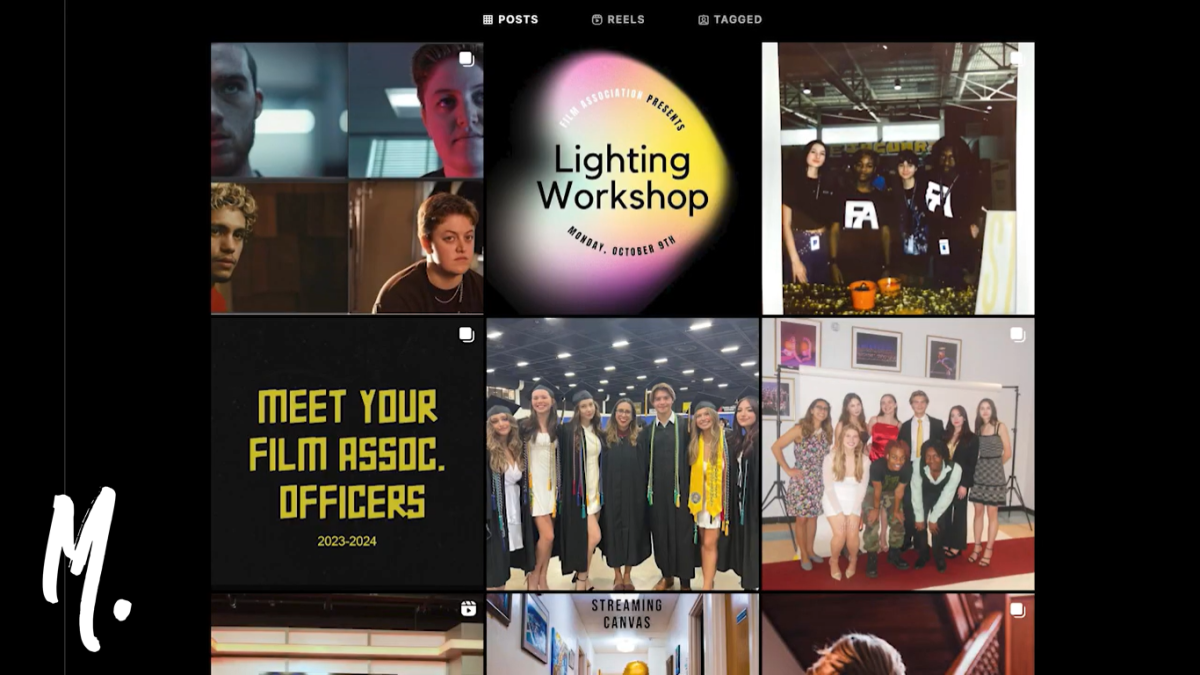


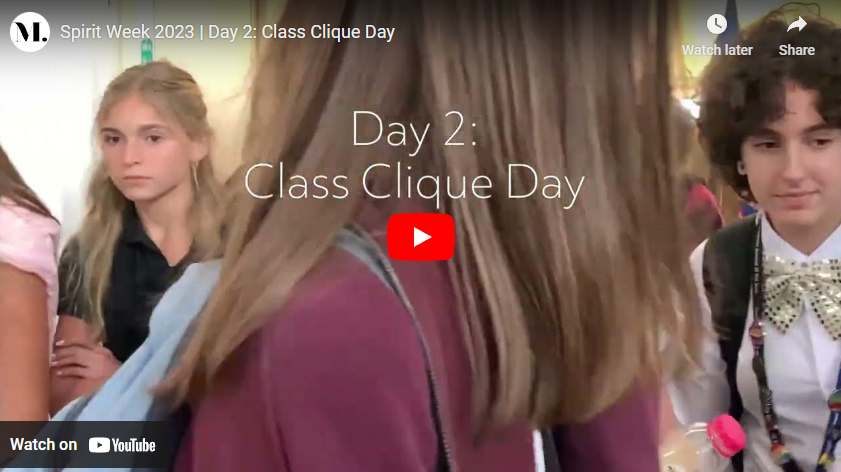





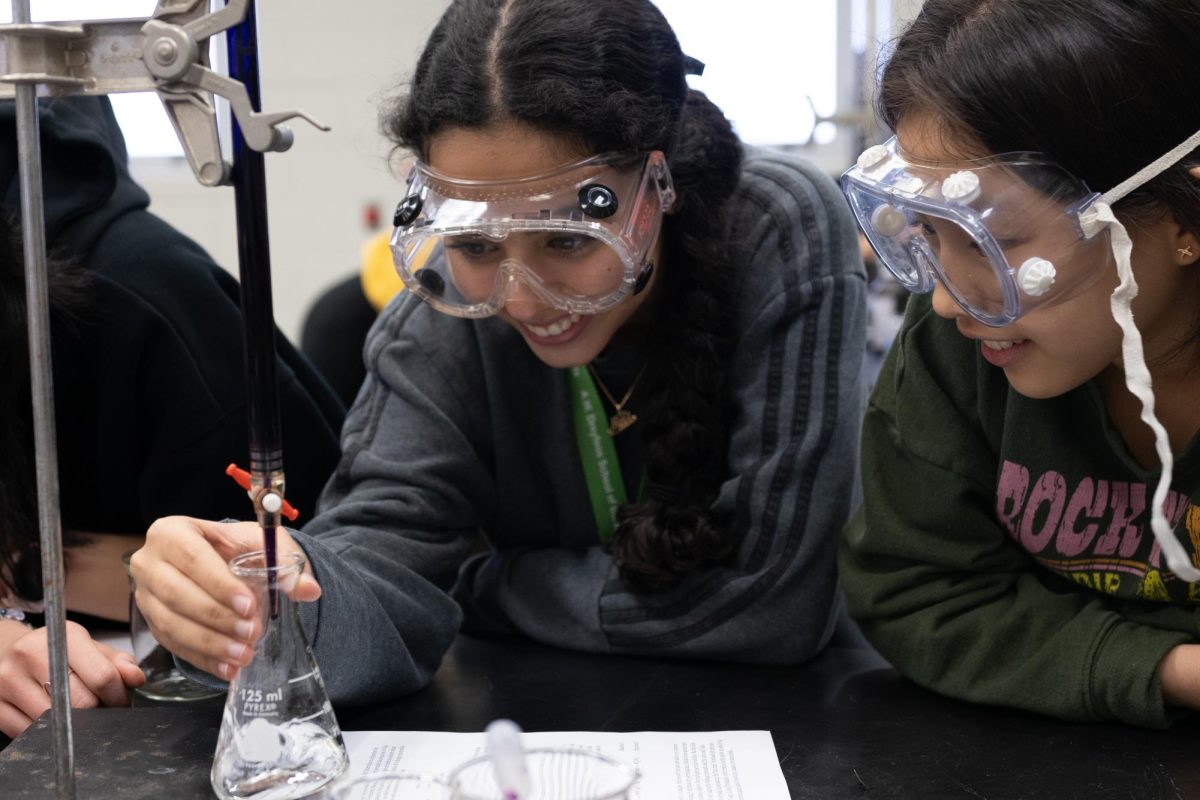






![[SATIRE] 2024: Written in the Stars](https://www.themuseatdreyfoos.com/wp-content/uploads/2024/01/front.png)




